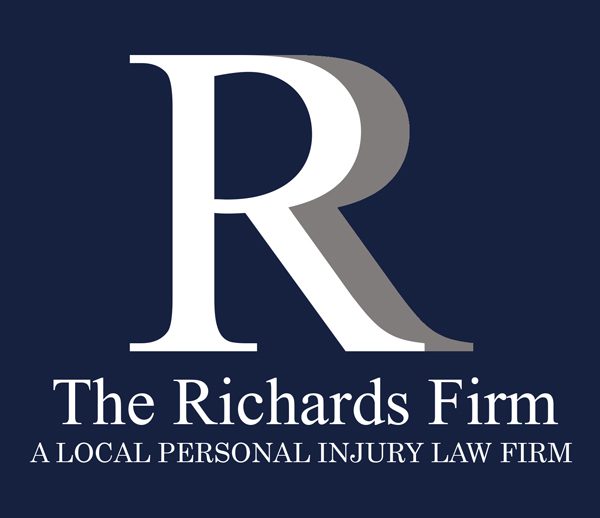In the last year, about 34.2 million Americans have been a caregiver to an adult over the age of 50. We know the job of assisting your loved one with activities of daily living or even providing medical care is a big deal and a lot of work.
For many, caregiving is a temporary act until their loved one can reside in an assisted living or nursing home. That change can be a relief to caregivers who no longer have sole responsibility to care for their aging loved one. But for many caregivers, it can be hard to transition their responsibilities to a facility.
Here’s the good news: there are still many ways you can care for your loved one even after he or she has moved into assisted living or a nursing home and ensure they are still receiving the best care possible.
Stay Connected
In order to stay connected with your loved ones in a nursing home you must be connected to the nursing home itself. Make sure the nursing home has all your contact information, including emergency contact info. This ensures you will receive updates and details on how your loved one is doing as well as be notified of more urgent matters. Be sure to thoroughly read any information they send in email and don’t be afraid to call and ask questions.
When visiting in person, make an effort to get to know the nursing home staff who are caring for your loved one. The more connected you are with the facility the better.
Consistent Communication
An easy way to continue to contribute to your loved one’s physical and emotional health is to continue communication with them. This can be over the phone, via facetime, or in person. One of the greatest complaints of nursing home residents and aging adults is loneliness. Continue to be your loved one’s companion in any way you can.
Consistent communication can also help you monitor their well-being and ensure they are being cared for well.
Partner With Nursing Home Staff
It is essential you view your relationship with nursing home staff as a partnership. These relationships aren’t always smooth as difficulties or concerns come up, but if you are patient and communicate with compassion, staff are more likely to listen.
Don’t hesitate to voice any concerns you may be having to staff and listen attentively when they share concerns with you.
If you are dissatisfied with nursing home staff or have concerns with the care your loved one is receiving, it is important to remember that you have several options. You can schedule a meeting with key staff or make a complaint directly through the facility. Nursing homes generally appreciate family and friends who remain involved in a loved one’s care.
Find Good Times to Visit
After your loved one moves into a nursing home, you should visit as much as possible. It is important to find a good balance with your visitation schedule. You want to maintain your relationship while allowing your loved one time to form new ones and adjust to new schedules and routines. When visits happen, pay attention to the overall well-being and physical condition of your loved one. This is your opportunity to see firsthand the level of care they are receiving.
Act in The Best Interest of Nursing Home Residents
Nursing homes can be wonderful places that provide excellent, much-needed care for your loved one. Unfortunately, nursing home abuse and negligence does occur.
If your loved one has suffered injury or death as the result of a negligent act or omission while in a nursing home, you should not hesitate to speak with an experienced Nursing home abuse lawyer near Hamilton, Ohio.
The Richards Firm has helped many family members protect the safety and best interests of nursing home residents who have been abused.
We can be reached at 513-868-2731, ext. 219 or visit us at https://richardsinjuryfirm.com.
Follow The Richards Firm:
Facebook (https://www.facebook.com/TheRichardsFirm/)
Twitter (https://twitter.com/FirmRichards)
Instagram (https://www.instagram.com/therichardsfirm/)
Tik Tok (https://www.tiktok.com/@therichardsfirm?lang=en)
LinkedIn (https://www.linkedin.com/company/the-richards-firm).
